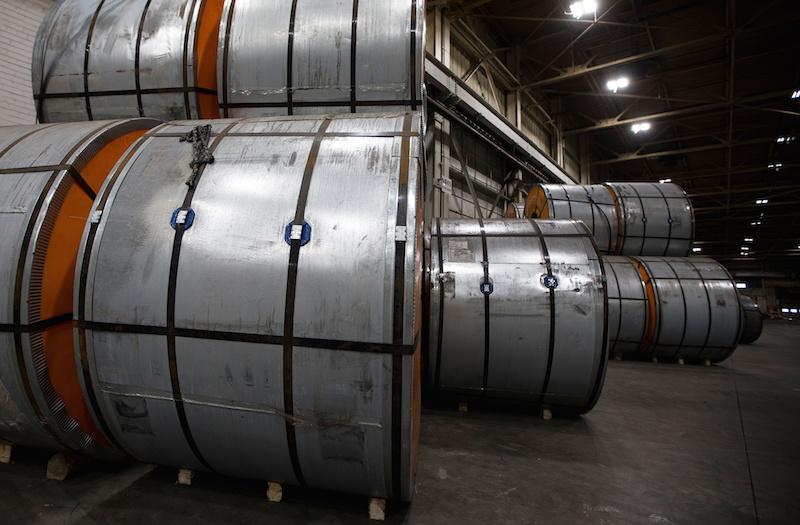Canadian steel producers are calling on the federal government to protect their industry from Chinese oversupply. The call follows Ottawa’s announcement of a 30-day consultation on potential policy responses to “unfair competition” from China in the electric vehicle (EV) industry.
Deputy Prime Minister Chrystia Freeland announced on June 24 that the federal government is considering imposing tariffs on Chinese-made EVs, saying that Beijing is “quite intentionally generating a global oversupply” that undermines EV producers in Canada and around the world.





